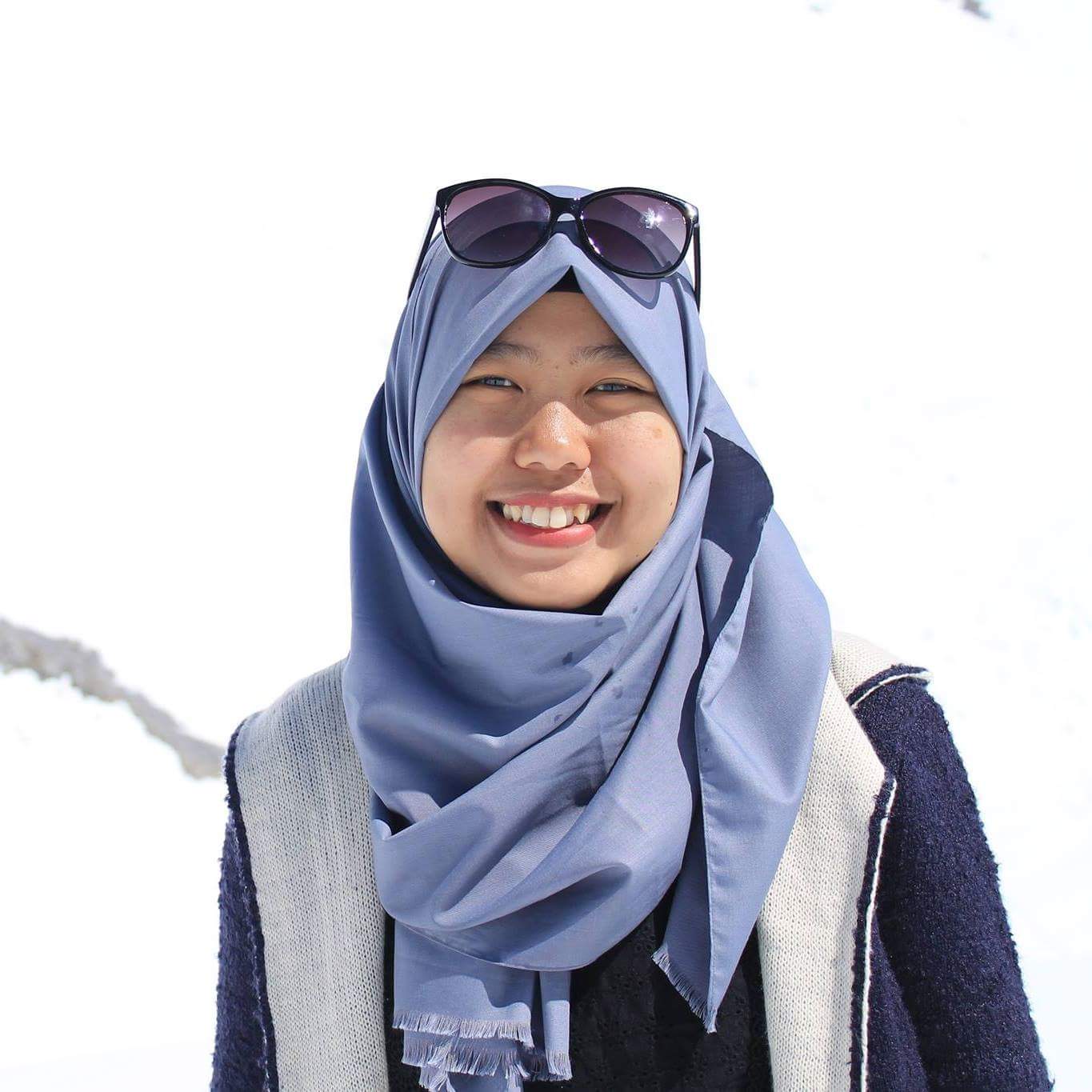
February 4, 2021, by Andrew Edwards (Ed)
Plant vaccines for poultry disease – An interview with Ika Nurzijah
Ika Nurzijah is a second-year PhD student on the UoN-Rothamsted Graduate Centre for International Agriculture scheme. Her project is titled ‘Plant-based vaccines for prevention of poultry viral diseases: Newcastle disease’. She is supervised by Dr Steve Dunham (UoN), Dr Kostya Kanyuka (RRes), and Dr Janet Daly (UoN).
Why did you decide to do a PhD? What were you doing before?
I completed my Masters in Plant Biotechnology at Wageningen University in the Netherlands in 2017. Since then, I have been working as a lecturer at one of the private universities in Indonesia, where I teach pharmacology and immunology to undergraduates.
I really enjoy the process of teaching and sharing knowledge with my students. I am especially pleased when my students challenge me with difficult questions as this motivates me to learn more. To me, teaching is more of a learning process and I feel a responsibility to refine my knowledge so that I can deliver more interesting science to my students. I therefore decided to continue my own studies as a PhD student.
Why did you choose the Rothamsted-UoN scheme?
The initial draw for choosing the project was its similarity to my Masters thesis, a combination of plant-biotechnology and veterinary immunology. At first glance, these subjects appear miles apart but this PhD programme offers a perfect interdisciplinary platform to bring the two disciplines together.
Being part of a Future Food Beacon programme is giving me experience of different research environments, which I believe will make my 4-year PhD journey more impactful.
Tell us about your research. What do you study? Why is it important?
My PhD research focusses on the production of plant-based vaccines for Newcastle disease virus (NDV) infection.
A short history lesson about NDV: the NDV infection was first documented in 1926 in Java island, Indonesia. In the same year, the infection spread to Newcastle upon Tyne UK, hence the name. The NDV infection has crippled the poultry industry all over the world by causing high morbidity and mortality in poultry. Developing countries are especially impacted by NDV infection. The current vaccination strategy is not sufficient to control NDV infection, therefore an alternative strategy is needed.
My PhD project will employ tobacco transient expression system to produce novel NDV vaccines designated as virus like particles (VLP). VLP is a non-replicative virus particle with higher safety and efficacy than traditional vaccines. Moreover, the used of plant transient expression system will ensure the production of cost-effective vaccines suitable for technology transfer in low and middle-income countries.

How do you explain your research to ordinary people?
Virus infection has fast become a threat to human health and food security. A cost-effective and rapid production system of vaccines is needed in order to prevent future outbreaks. My research is therefore attempting to produce novel vaccines using plants as a production system. This research could be a foundation for the production of an edible vaccine, thereby reducing the need for cold storage. This is particularly important for improving access to the vaccine for low and middle-income countries, either for preventing animal or human diseases.
How has your first year gone? Any highlights or successes?
My first year has taught me to be resilient, given the pandemic situation in 2020. Whilst I would not count my first year as a complete success, I did the best I could to carry out my PhD project and I am pleased that everything is running smoothly overall. I am particularly excited that I was able to try some new laboratory techniques that I have never used before.
Has undertaking a PhD been different from other degrees you have done? How so?
I now have full control of my experiments. Doing a PhD is somewhat similar to coming into adulthood, where no one tells you what to do! It is a little scary, but fascinating, as you are trained to become an independent researcher.
Every PhD journey is unique; there is no need to make comparisons between each other’s work. There is no rule book for conducting a PhD and I believe that, as long as we are passionate about the subjects we are working on, all obstacles can be bypassed.
What have you learnt through your first PhD year?
I consider myself a very independent person and it was hard for me to ask for help from others as I didn’t want to be a burden. This caused me problems at the beginning but now I am becoming more accepting that it is okay to not know everything and ask for help. Sometimes, two heads are better than one!
How do you cope with the pressure of doing a PhD?
Speaking to my family is very effective in easing any burdens that I experience while working on my experiments. I also like to have a chat with colleagues in the lab. Other than that, writing a short story on my blog, reading a novel, doing some doodling and watching zombie movies over the weekend are also therapeutic activities.
No comments yet, fill out a comment to be the first

Leave a Reply